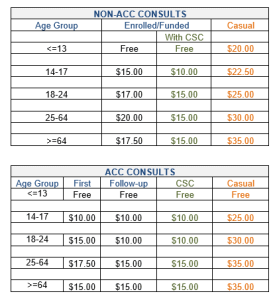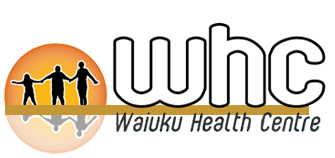Kia Ora Whanau!
We know it can be difficult making time for your health, scheduling and paying for consultations and getting to and from the Medical Centre or Hospital. So… we aim to see everyone with urgent needs on the day through our Triage services and for after-hours have partnered with KA ORA Telehealth who provide virtual GP consults between 5pm and 8am on Weekdays and from 1pm Saturday through to 8am Monday – CALL 08002KAORA.
We never want affordability to prevent you getting the care you need. If this is an issue for you, please ask to speak to Sarah or Rosalie and we will work something out. One option is to set up an automatic payment for you to spread the cost, admin staff can help with this. We may also be able to help with fuel costs and can put you in touch with patient transport services. Remember, many screening and immunisation services are free, community service card holders have reduced fees, and you may be eligible for a High User Health Card … talk to us.
You can telephone, or pop into our Nurse Clinic at the Hamilton Estate Hall, Tuesdays 10 am to 1pm. There you can also get free treatment for minor ailments and, by arrangement, immunisations, cervical screening and basic health checks.
Noho ora mai! Happy New Year!




Recent Comments